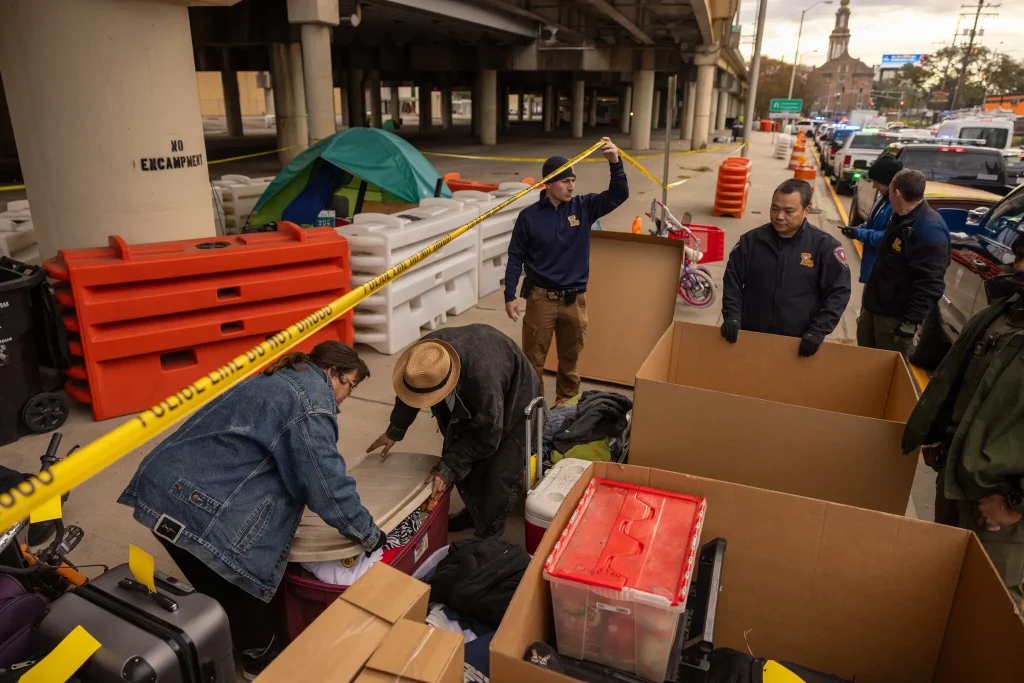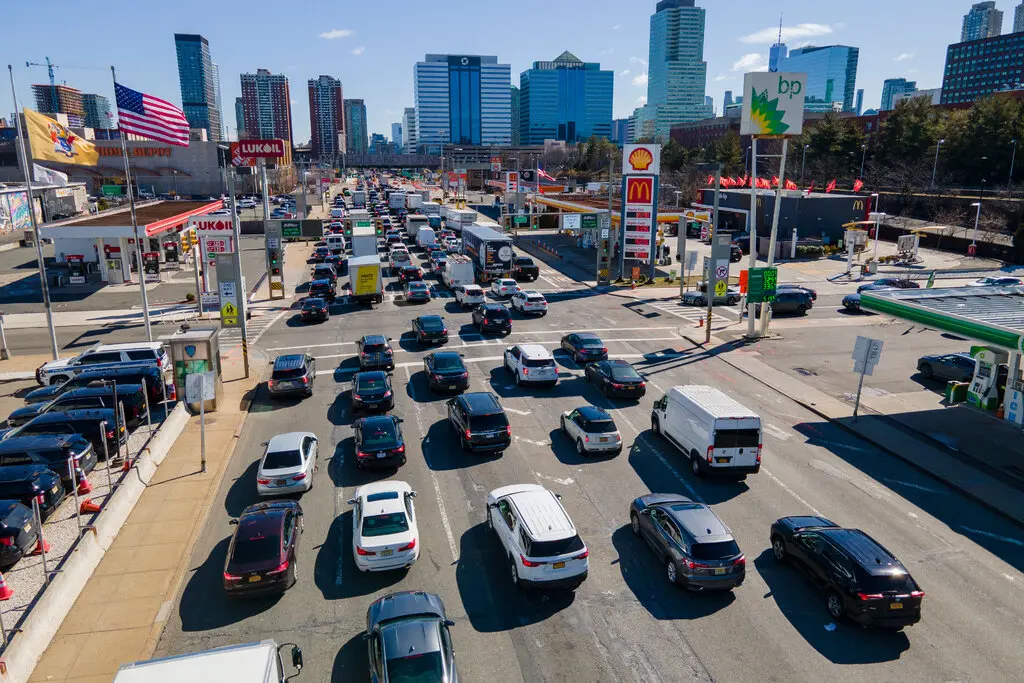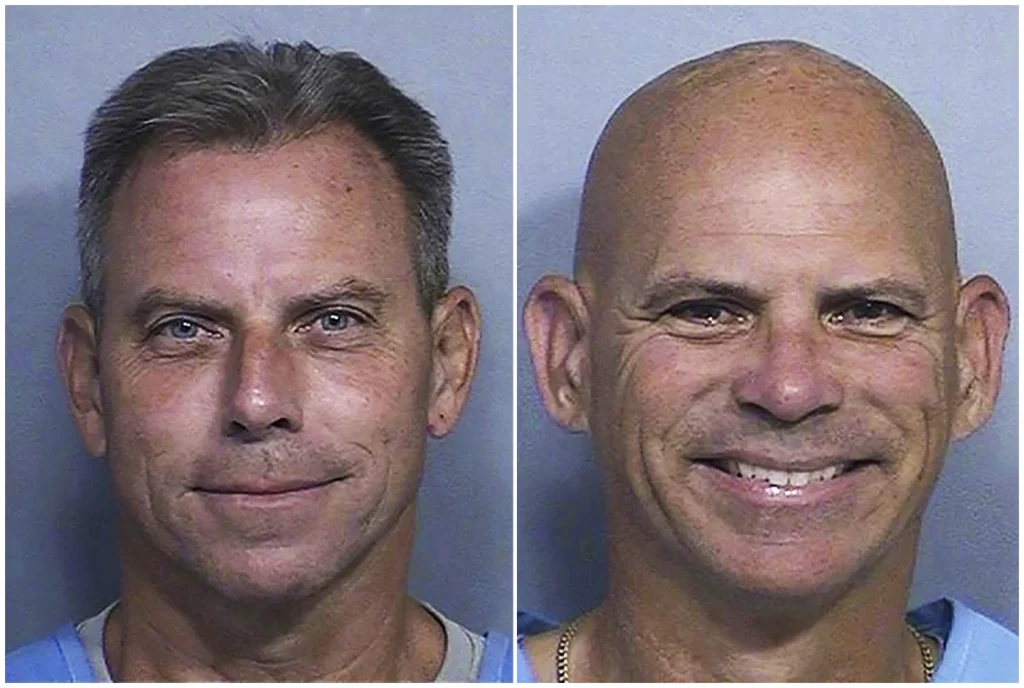Judge in Daniel Penny case dismisses manslaughter charge

In a high-profile legal case that has captured national attention, a judge has dismissed the manslaughter charge against Daniel Penny, the man accused of killing Jordan Neely in a tragic incident aboard a New York City subway train. The decision has sparked significant reactions, with many calling it a victory for Penny and others expressing concern over its implications for accountability in cases of civilian involvement in the deaths of individuals in vulnerable situations.
The Incident and Background
The incident in question occurred on May 1, 2023, aboard a Manhattan subway train when Jordan Neely, a 30-year-old homeless man, allegedly began exhibiting erratic behavior. According to witnesses, Neely, who was known to have struggled with mental health issues and homelessness, began shouting and making threatening remarks to other passengers. In response, Daniel Penny, a 24-year-old Marine veteran, intervened, placing Neely in a chokehold for several minutes, which ultimately led to Neely’s death.
Neely’s death sparked immediate protests and outrage, particularly among advocates for homeless individuals, mental health reform, and police accountability. Many of these groups viewed the incident as yet another example of excessive force used against vulnerable individuals, particularly homeless people struggling with mental health issues. In contrast, Penny’s supporters argued that he acted in self-defense, believing that Neely posed a threat to the safety of passengers aboard the train.
Following Neely’s death, Penny was arrested and charged with second-degree manslaughter, with the prosecution asserting that his actions had directly led to Neely’s death. The manslaughter charge indicated that authorities believed Penny had acted recklessly, without proper regard for the consequences of his actions. Penny, however, maintained that his intervention was necessary to prevent harm to himself and others on the train.
The Court Ruling
After months of legal proceedings and public debate, the case reached a critical juncture when the judge overseeing the trial made the decision to dismiss the manslaughter charge. In their ruling, the judge found insufficient evidence to proceed with the manslaughter charge against Penny, arguing that Penny’s actions did not rise to the level of recklessness required under the law to justify a manslaughter conviction.
The judge’s dismissal of the manslaughter charge hinged on a determination that Penny’s intervention was an attempt to restrain Neely in a moment of perceived danger, rather than an intentional act of harm. Additionally, the judge suggested that Penny had reasonable cause to believe that his actions were necessary to protect himself and others in the immediate vicinity.
While the dismissal of the manslaughter charge did not rule out possible future legal action, the decision was seen as a major victory for Penny’s defense team, which had argued that the killing was the result of a tragic but understandable attempt to protect innocent people on the subway.
Public Reactions
The ruling has sparked polarized reactions from various segments of the public, with supporters of Penny praising the decision as a reflection of common sense and self-defense. They argue that Penny, as a trained Marine veteran, acted in a manner that he believed was necessary given the circumstances and that he should not be held criminally liable for trying to protect the lives of those around him.
On the other hand, many of Neely’s supporters and civil rights groups expressed disappointment and frustration with the ruling, asserting that the dismissal of the manslaughter charge reflects a broader problem of accountability in cases where civilians use force, particularly against marginalized individuals such as the homeless. For these critics, the case highlights the potential for abuse of power by private citizens who take matters into their own hands in ways that may disproportionately harm vulnerable populations.
In New York City, protests erupted following the judge’s decision, with demonstrators calling for greater oversight of civilian actions in cases of excessive force. Advocates for homeless individuals and mental health reform also expressed concerns that the dismissal could embolden individuals to engage in similarly violent acts under the guise of self-defense, without the proper checks and balances in place.
Legal Implications of the Ruling
The decision to dismiss the manslaughter charge carries significant legal implications, particularly in terms of the use of force in self-defense situations. While many legal experts agree that individuals have the right to defend themselves, the ruling raises questions about where the line should be drawn when it comes to the use of force by civilians in situations of perceived threat. Critics argue that there should be more stringent rules governing how civilians can intervene in potentially violent situations, especially when the individual involved is known to be in a vulnerable state, such as Neely, who was reportedly suffering from mental health challenges at the time of the incident.
Furthermore, the case highlights the ongoing debate about the role of law enforcement and private citizens in handling public safety issues. Should civilians, particularly those with military or law enforcement training, be allowed to take matters into their own hands in situations where they perceive a threat? Or should public safety interventions be left to trained professionals, such as police officers, who are subject to specific rules and oversight?
This ruling may set a precedent for how similar cases are handled in the future, particularly those involving civilians who intervene in public spaces in situations that could potentially lead to harm or death. The legal community will likely continue to examine this case to determine whether it will influence future decisions regarding the use of force in self-defense and the degree of responsibility that individuals have when acting in such situations.
Moving Forward
Although the manslaughter charge has been dismissed, this case is far from over. Legal experts suggest that Penny could still face civil litigation, particularly in the form of wrongful death lawsuits brought by Neely’s family. Such lawsuits, which seek monetary compensation for the loss of life, may provide an alternative avenue for accountability in this case.
Moreover, the broader societal issues raised by the case—including the treatment of homeless individuals, mental health care, and the appropriate use of force in public spaces—remain unresolved. Advocates for reform have continued to push for changes in how cities address mental health crises and homelessness, urging greater investment in resources and support for vulnerable populations.
In the aftermath of this ruling, discussions about the balance between self-defense and excessive force will likely continue to evolve. The case serves as a reminder of the complexities inherent in situations where civilians intervene in incidents involving public safety. The tension between protecting oneself and others while ensuring that vulnerable individuals are treated with care and dignity remains a critical issue in the ongoing debate over public safety, justice, and accountability in the United States.
The dismissal of the manslaughter charge against Daniel Penny in the case of Jordan Neely’s death has raised important questions about the use of force, civilian responsibility, and the accountability of individuals involved in public safety incidents. While the ruling has been welcomed by Penny’s supporters, it has also sparked significant backlash from those who feel that justice has not been served for Neely and his family. The case continues to highlight the deep divisions in American society on issues of race, justice, and the treatment of vulnerable populations. As the legal process continues, the debate surrounding this case will likely remain a focal point of public discourse for the foreseeable future.






